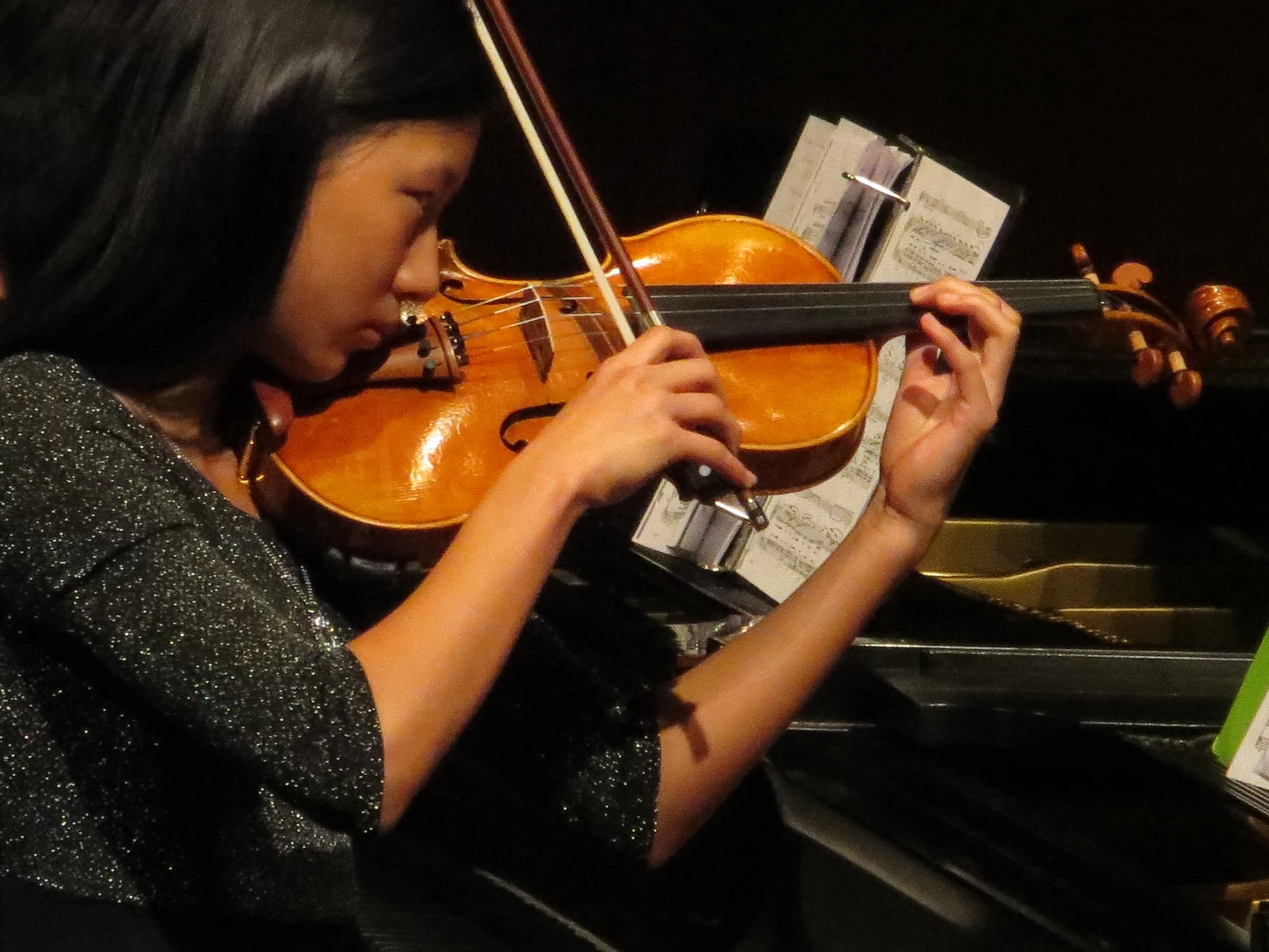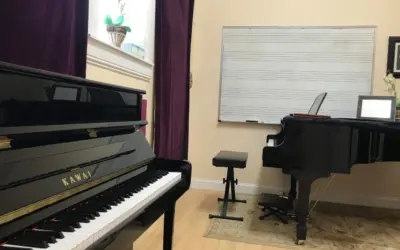Wouldn’t it be nice to experience artistic inspiration while on the job? For investors seeking a business opportunity that combines profitability potential with creative fulfillment, music franchise investments present a compelling case. Unlike traditional retail outlet or fast food franchises, music education schools offer a unique value proposition: community enrichment that can generate steady revenue for investors through structured, proven models.
This article evaluates the viability and return on investment (ROI) potential of music franchise investments. We’ll break down key revenue streams, analyze some music franchise profitability benchmarks, and explain how recurring enrollment and student retention can make these franchises a standout choice for purpose-driven, community-minded, and musically ambitious investors.
Why Invest In A Music School Franchise?
The demand for music education remains strong despite economic fluctuations[1]. Parents prioritize extracurricular activities that foster creativity, discipline, and cognitive development in children, as well as hobbies that can possibly blossom into lifelong passions and meaningful careers. Meanwhile, older learners increasingly seek music lessons as a form of positive reinforcement, stress-relief, and personal fulfillment.
Music franchises capitalize on this demand by offering:
- Structured curricula that can help remove guesswork for educators and franchise operators
- Brand recognition that can attract students and reassure parents more easily than independent or lesser known studios
- Proven business systems that streamline operations for franchisees and smooth out the experience of starting a business
- Marketing resources that will make getting the word out about your stellar music education business significantly easier
Unlike independent music teachers who may struggle with inconsistent income, untested educational tactics, or insufficient advertising efforts, franchisees benefit from a suite of resources that help calm some of the dissonance that is incumbent upon other business owners. This makes them attractive franchise opportunities in music education.
Key Revenue Streams in Music Education
Private and Group Lessons
Lessons are the primary source of income for music education franchises business, typically offered in the form of weekly or bi-weekly private lessons or group classes. Pricing models can vary, though they often follow a subscription-based model, with parents or adult students paying for scheduled services up front. Additionally, many schools offer different pricing tiers depending on track, with some offering premium education services that prepare students for competitions and other professional performances, a hallmark of a private music school franchise.
Recitals, Performances, and Workshops
Recitals provide value to students by giving them a goal to work toward and prepare for, letting them show off their confident stage presence and new abilities to friends, loved ones, and the public at large. Recital and performance revenue for music franchise operators can potentially be found through individual participation fees, ticket sales, and video/photo packages for families to relive the memory of the concert.
Additionally, operators can go even further to generate music franchise investment income by taking advantage of seasonal goings-on in their areas, as well as annual holidays. Music workshops, clinics with industry bigshots, and summer camps can help students further hone their talents, encouraging them to use their energy productively. This kind of music enrichment franchise offering enhances student engagement.
Equipment and Accessory Sales
Having a retail side business within your music franchise investment can help to both supplement income and provide your students with trusted tools to perform their best. By making text books, sheet music, tuners, metronomes, pickups, audio cables, headphones, and other professional musical equipment available for students (and their parents) to purchase, franchise investors are able to maximize profitability and sufficiently equip their pupils. While not a primary revenue generator, facilitating smaller equipment sales can work in your favor, depending on the franchise’s business model.
Profitability Benchmarks
Music franchise investments typically operate with healthy margins due to lower overhead costs compared to other businesses. Beyond your initial investment, franchise fee, and construction costs, it will be crucial to consider any royalty payments, marketing fees, equipment maintenance fees, and other expenses as you plan your path toward profitability. However, with an annual or quarterly subscription model, forecasting profits vs. expenses can be substantially easier.
Music Franchise Growth Potential
Unlike independent studios, franchises benefit from tested, systematic growth strategies. By investing in its educators and students via proven educational tactics and resources, music franchises can help aspiring business owners nourish the artistic and professional desires of eager students in their communities. Offering the chance for people to learn different instruments and styles of playing can broaden perspectives, making space for students to become exceptionally educated, well-rounded artists.
Learn how Chopin Academy of Music became a respected name in music education franchisingKeeping students retained and practicing will be a priority for music franchise investment owners looking to scale their businesses. Incentives like rewards programs, discounts, and package deals can increase profitability and encourage ongoing studentship. Additionally, partnerships with like-minded organizations, schools, or businesses can help foster strong community relationships and increased student interest.
Fun, Fulfilling Work
At the end of the day, music franchises serve to create a space for people to experience the power and beauty of art through performance. Providing that opportunity to your community can be a profound and moving experience, with life-changing ramifications for students that reverberate far beyond your city. Watching students grow into adept, stage-ready musicians is powerful, and being able to invest in a business that helps facilitate that experience is an opportunity that many folks in the music industry would love to have.
Long Term Sustainability With Your Music Franchise Investment
If you’re an investor with a background in music, finding a sustainable music industry investment opportunity with long term viability can be tricky. By investing in the education of students, you have the opportunity to inspire creativity in your community’s youth and lay the foundation for a local tradition of excellence. With a music franchise investment, investors can establish a business that sees return enrollment year after year, with parents and former students alike serving as living proof of the academy’s success.




